METOO: THE FIGHT AGAINST SEXUAL HARASSMENT
CoCoP: COMMUNICATING COHESION POLICY
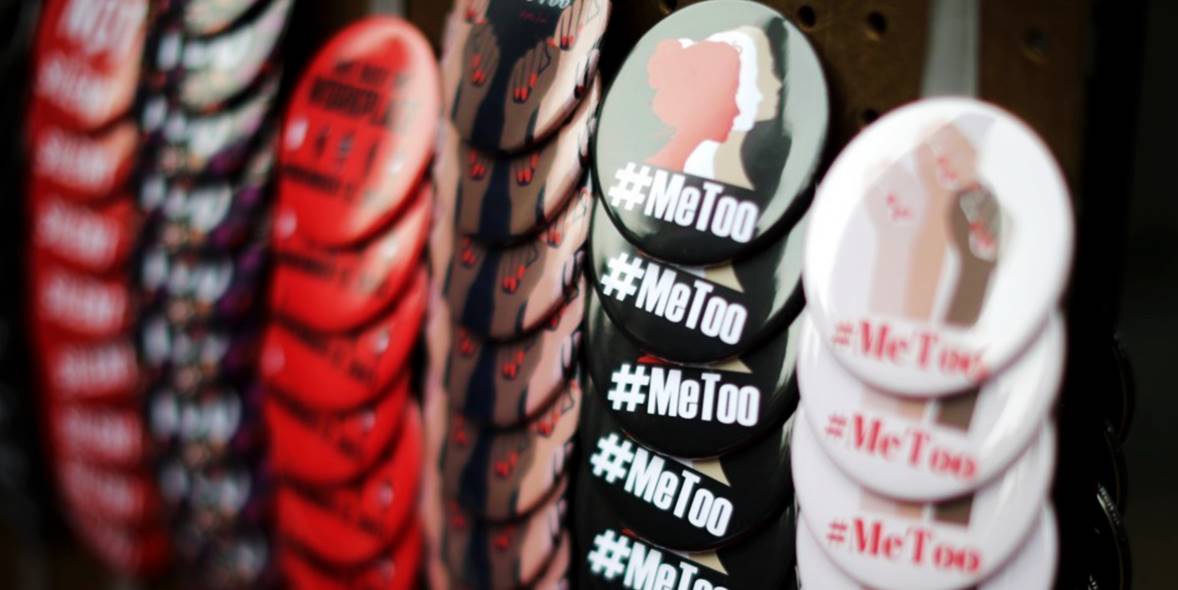

Written for JESPIONNE

Emelie Rose Beauvior
Humans are evil creatures until they prove the opposite. On the other hand, people’s actions are driven by emotions and feelings. That’s why we recently saw “#MeToo” campaign spreading rapidly across the world,
from Europe to the outermost provinces of the US, and from Asian to Middle Eastern and African countries. Sexual harassment is a global issue of vital importance that faces no border barriers.
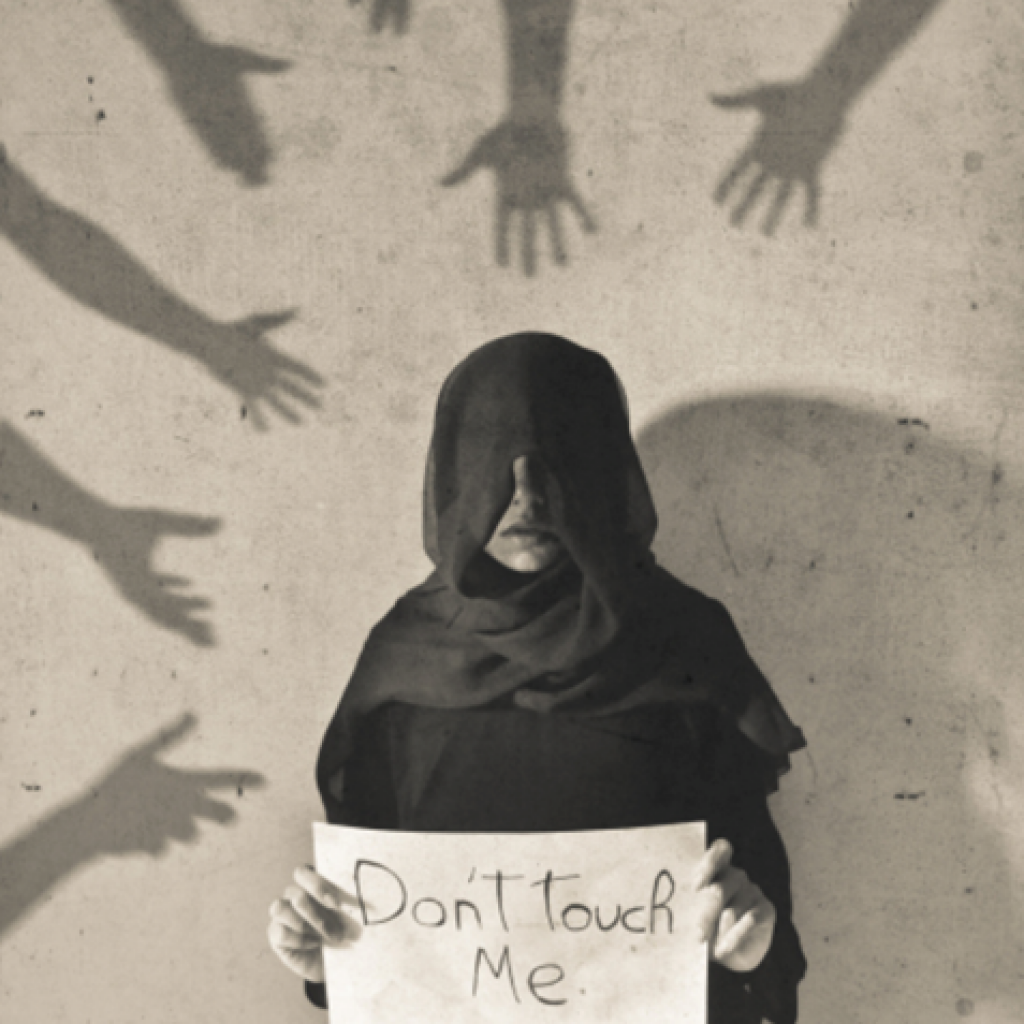
Despite the measures taken up by the government, within five years, there has been an increase of 40% in reported rapes. This drives me so mad.

July 2020

“MeToo” campaign is an empirical example of solidarity as shared value for everyone. Who could imagine that such a movement ten years ago by Tarana Burke could have induced Alyssa Milano to bring this movement at the front line and make her own statement? We condemn sexual assault! 30,000 hashtags in one night after Milano’s post is quite an amazing achievement. Well done ladies!
The world sometimes might be unfair, and joint movements can have their impact. As Bani Rachel Bali, a representative from “Krantikali” organization in India has supported, “the presence of sisterhood” is obvious. Hundreds of thousands of kilometers away, in Sweden, even the king supported this movement, while Andrea Molocea, a Czech women’s rights activist expressed her satisfaction with that momentum in the condemnation of what is discriminately called “men’s world.”


Women have overcome their silence, but this is not the case everywhere. It’s heartbreaking to see that silence cast its shadow in several Arab countries such as Lebanon, where Lina Abirafeh has referred to silence as a form scare and despair in the light of such incidents. In India, memories from the death of a woman who died in 2012 after a brutal sexual attack by a group of men on a bus are still fresh. Despite the measures taken up by the government, within five years, there has been an increase of 40% in reported rapes. This drives me so mad.
What I can understand is that movements help in increasing the awareness. They do not solve the problem. I agree with the statement of Namita Bhandare, a writer from the Hindustan Times, who said that males have become aware of the worldwide challenge. However, I believe that men who got surprised are men who could not be a potential rapist, and thus I tend to question the effectiveness of such movements. It’s good to spread the message, but it’s better to find a way to sort things out.
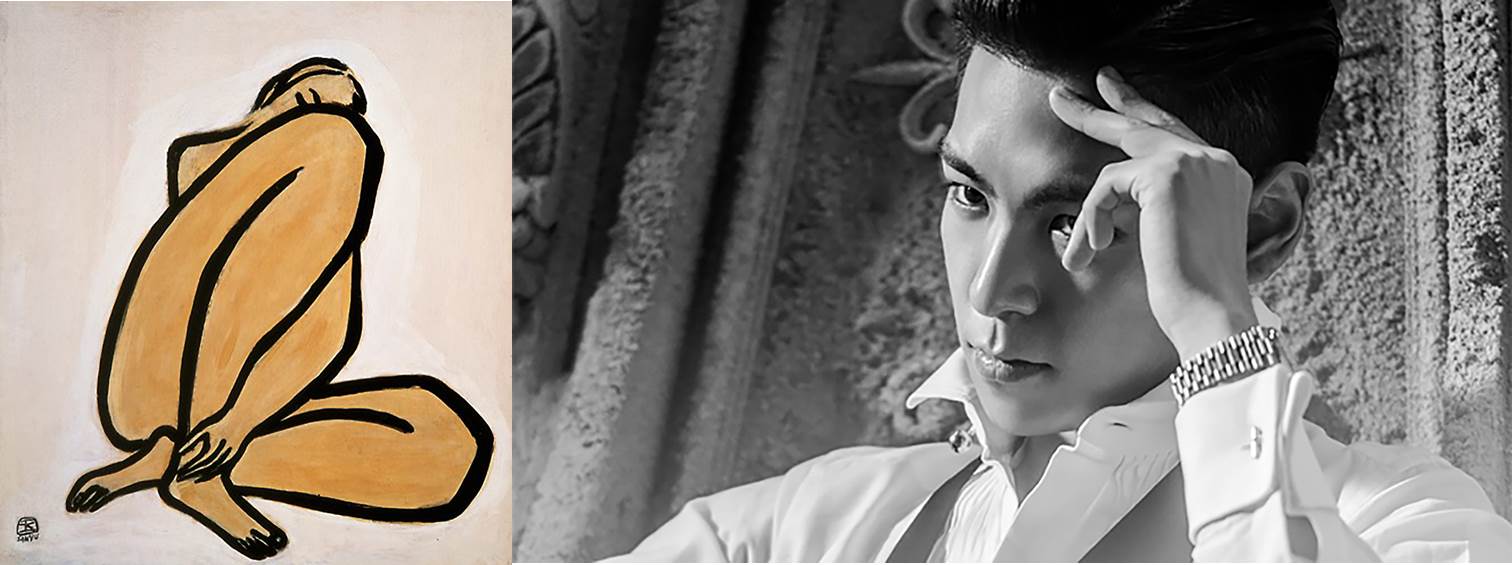


Solidarity needs to take concrete form. Hashtags are useful for raising awareness, but they are insufficient. Imagine you trust me your problem, and I tell you “It has happened to me too.” At the end of the day, you’ve got two ladies crying over spilled milk. If you do want to change things, then visit Harassmap (https://harassmap.org/en/). You can either report an incident or an intervention. This online platform gives you the opportunity to either learn how you can take concrete action or share your story or be involved through a variety of other ways either individually or as a collective level.
I have also subscribed to the newsletter to be up to date for any volunteering opportunities and any relevant update that I need to know. If you are a man reading my post, do subscribe in the mailing list of this website. If you are a woman, do spend time engaging a man. It is imperative to make men an active part of campaigns and actions. This is not about blaming evil men against victimized women. This is about ethics and solidarity. And these values have no gender. Would you agree?

Reference Article


Reference Article

By By CATHERINE POWELL for CFR
The #MeToo campaign continues to rock our world. It has spread across the globe and crossed racial, economic, and other boundaries. The digital campaign gained traction on October 15, 2017, when—in response to allegations of sexual harassment against Hollywood film producer Harvey Weinstein—actress Alyssa Milano posted a tweet urging women who have been sexually assaulted or harassed to post a status on social media with the words “Me Too,” to “give people a sense of the magnitude of the problem.” When she awoke the next morning, she found that over 30,000 people had used #MeToo. In fact, the campaign was created by a black woman, Tarana Burke, ten years ago, before hashtags even existed. Milano eventually tweeted that she was “made aware of an earlier #MeToo movement”—linking to Burke’s story—and the two have reportedly developed a friendship via text messages. TIME magazine named these and other such “silence breakers” as their 2017 Person of the Year, profiling not only Milano and Burke, but numerous other women who have spoken out as part of the #MeToo movement. The TIME profile included women of diverse backgrounds, among them not only celebrities such as Taylor Swift and Ashley Judd, but also a Latino strawberry picker (identified only by a pseudonym, Isabel Pascual) and others. TIME photographed and shared the stories of several women of various racial, ethnic, and socio-economic backgrounds, as well as of a couple of men, to illustrate the many faces of those who have experienced sexual harassment.
Besides hitting Hollywood, media, politics, national security, and other sectors, the movement has rapidly spread across the world—a mirror of the numerous women’s marches across the globe this past January. By early November, #MeToo had been tweeted 2.3 million times from eighty-five countries. According to CNN, 35 percent of women around the world have experienced physical or sexual violence, and “120 million girls have experienced forced sex or other sexual acts.” The digital campaign had real-world results. In the United Kingdom, Defense Secretary Michael Fallon quit the cabinet following revelations that he had "lunged" at journalist Jane Merrick when she was a 29-year-old reporter. In France, the hashtag #BalanceTonPorc—roughly translated as “snitch out your pig”—was conceived of by French journalist Sandra Muller (also profiled in the TIME Person of the Year issue). Italians began tweeting #QuellaVoltaChe, or “that time when.” In Spain, #YoTambien began trending. And a direct translation of #MeToo into Arabic has caught fire in parts of the Middle East and Africa. Indian tech writer and novelist, Pankaj Mishra, posted on Twitter: “India’s #Weinstein moment happened last year. Just that we choose to bury our head in sand. Heard of a man named Mahesh Murthy? #metoo.”The social media analytics tool Talkwalker tweeted a map illustrating how the hashtag spread across the world—with over a million uses in two days. Twitter data as of early November showed that users in the United States, United Kingdom, India, France, and Canada used the hashtag #MeToo most heavily. READ MORE >>



India is still reeling from the 2012 gang rape of Jyoti Singh Pandey, a woman who died after being brutally attacked by a group of men on a bus. In response, the Indian government enhanced punishments for sexual assault and created a $480 million fund for women’s safety initiatives. Despite these efforts, reported rapes are up 40 percent from 2012 (though this may reflect that more women are reporting rape—now that there is greater awareness that it’s a crime—rather than indicating a higher incidence of rape). More recently, the #MeToo campaign has been important in increasing public awareness of sexual assault, especially among men, said Namita Bhandare, a writer for the Hindustan Times. “The #MeToo (posts) made it evident how widespread it was; it was different from looking at a statistic or data,” she said. “A lot of my (male) friends said 'oh we didn't know, we had no idea it was widespread,' and these are fairly enlightened men.”
and particular risk scenarios have been analyzed (e.g., the subversion of military lethal autonomous weapon systems ), the intersection of AI and malicious intent writ large has not yet been analyzed comprehensively. Several kinds of literatures bear on the question of AI and security, including those on cybersecurity, drones, lethal autonomous weapons, “social media bots,” and terrorism. Another adjacent area of research is AI safety—the effort to ensure that AI systems reliably achieve the goals their designers and users intend without causing unintended harm. Whereas the AI safety literature focuses on unintentional injuries related to AI, we focus on the intentional use of AI to achieve harmful outcomes (from the victim’s point of view). A recent report covers similar ground to our analysis, with a greater focus on the implications of AI for U.S. national security.
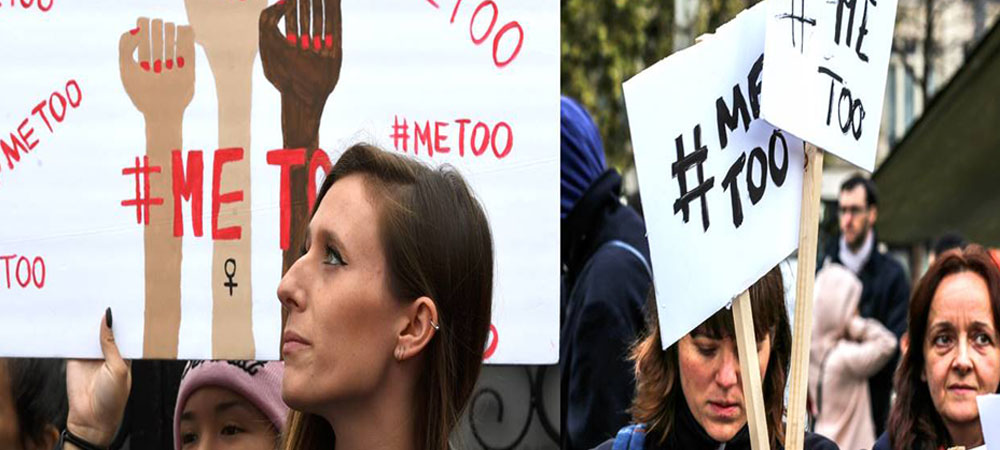


In the Czech Republic, women’s rights activist Andrea Molocea noted, "What's happening now is fantastic and it's for the first time in our history as women that we can speak the same language of sorrow and despair and of subordination.” In Sweden, the king himself maintained that the campaign was having a positive effect: "It's probably good that you look under old rocks. In the end something good will probably come of this," he told Swedish newspaper, Kvallsposten. In India, Bani Rachel Bali, who works on gender issues with her organization, Krantikali, told CNN that “I haven't seen a campaign that started in one corner of the world and replicated all across, so to see something like this really blow up and more than this being an online campaign ... I felt the presence of a sisterhood." Indeed, #MeToo is a powerful example of what international relations theorists call international norm diffusion. At the same time, as Zephyr Teachout notes, the hasty push to force U.S. Senator Al Franken to resign, while other lawmakers remain in power,
highlights the need for both due process and proportionality. Both at home and abroad, greater thought needs to go into developing procedures that are both responsive to survivors of sexual harassment and abuse, while protecting the rights of those accused. While #MeToo has gone viral, the full legal, political, and cultural consequences have yet to be sorted. Plus, the recent Alabama special election to replace U.S. Attorney General Jeff Sessions highlighted the #MeToo campaign’s potency as well as its limits. Fifty-seven percent of women voted for Doug Jones; however, 63 percent of white women backed Jones’ opponent, Roy Moore, despite accusations that he sexually pursued, abused, or assaulted several teenage girls (whereas 98 percent of Black women backed Jones). Nonetheless, the broader trajectory of the #MeToo campaign demonstrates the power of women as a group, along with the power of social media in building a global movement.

CALL TO ACTION




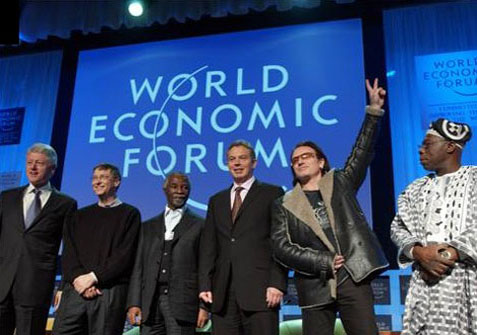

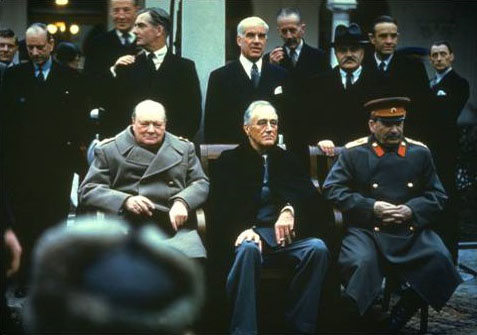

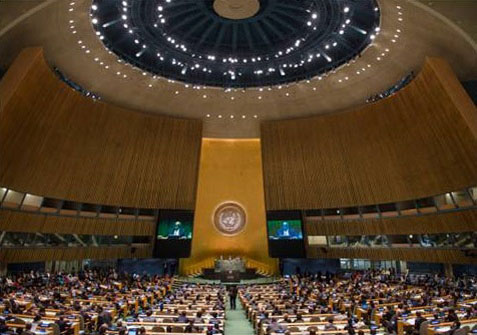


REFERENCE SOURCES

Photos by
Assoicate Press / Politico / Original Source Article
TAGS
Angela Merkel / Syrian Refugees /German Chancellor / Josef Janning / European Council on Foreign Relations / Berlin / European Security / Brexit / Greece Financial Crisis / Person of the Year / Politico / Mathew Karnitsching

July 1st, 2020

INTERVIEWS





















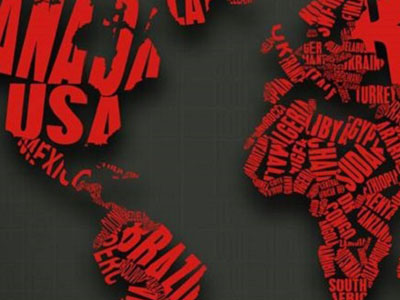
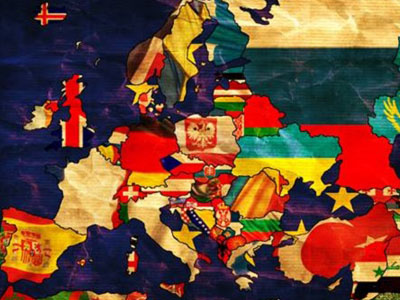
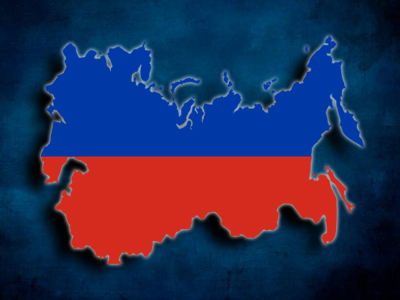
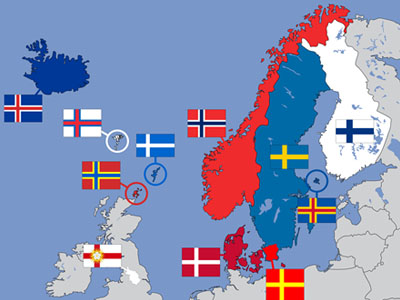
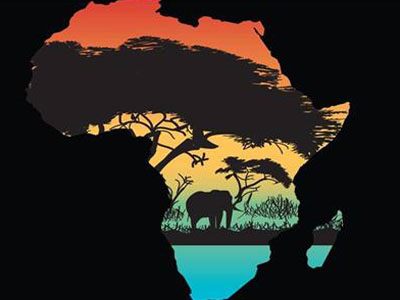
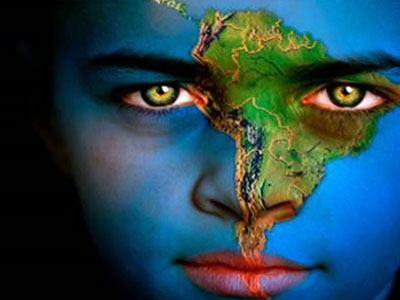

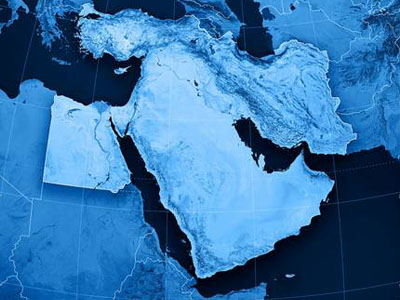









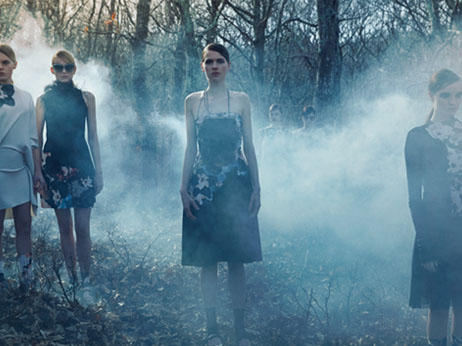
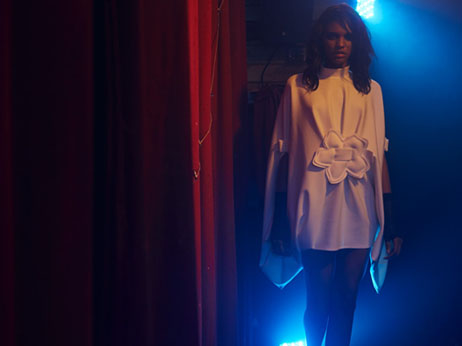


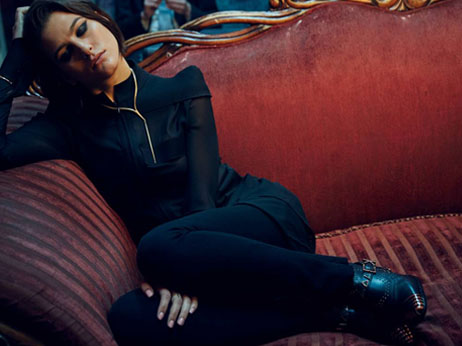
SOCIAL MEDIA